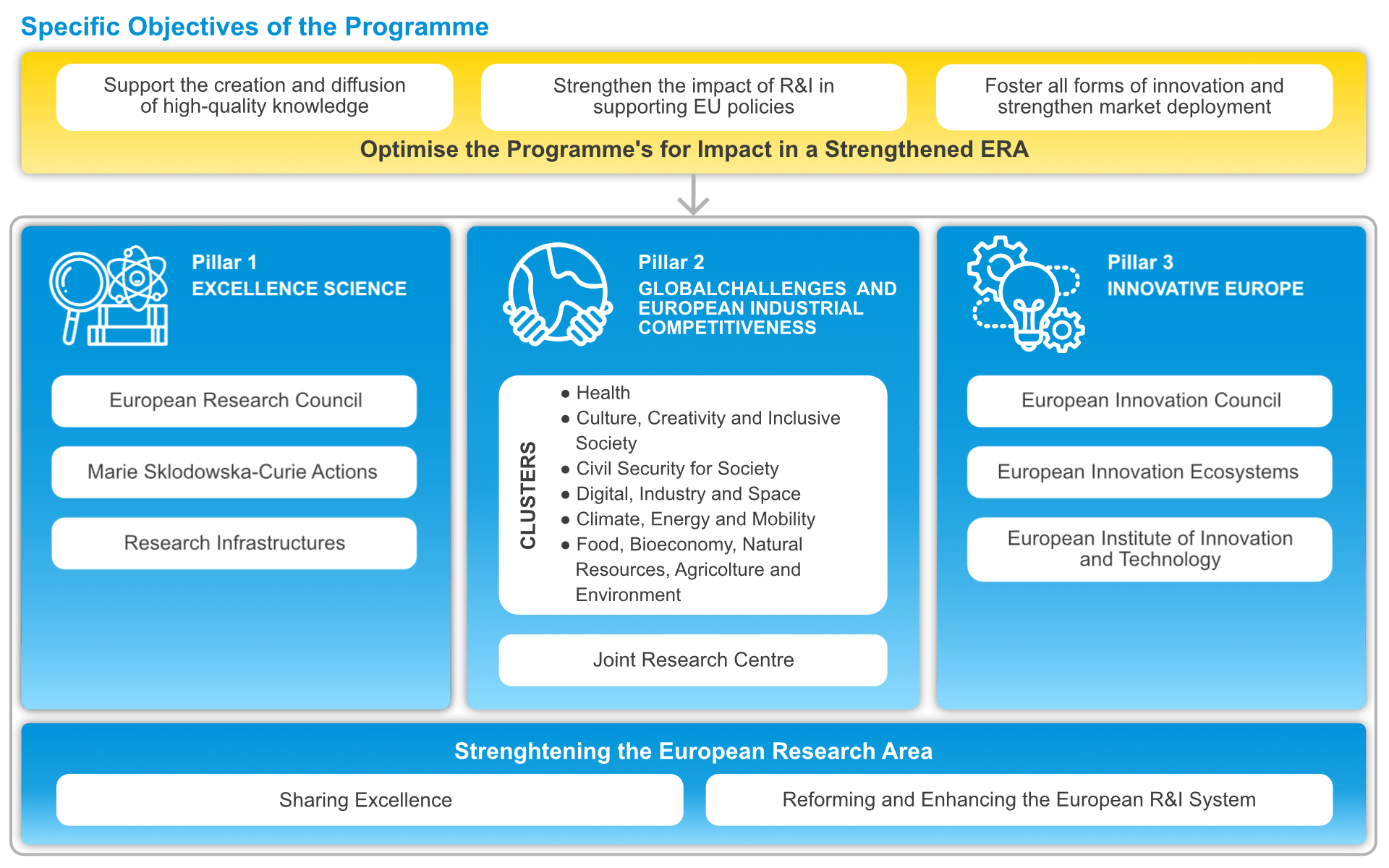Horizon Europe: what is it all about?
European programming for the seven-year period 2021-2027 defines the distribution of the long-term European budget across the various European funding programs. Horizon Europe is the 9th framework program for research and innovation, which was launched in early 2021 and boasts a budget of 95.5 billion euros over seven years, making it the largest and most ambitious funding program ever adopted in the history of the European Union.

What’s new
Horizon Europe follows the just-completed Horizon 2020 program, retaining those elements that have proven to be most effective and functional and improving those that have been weakest. In general, the program has undergone simplification on all levels, from the rules, to the models, to the forms of funding with the aim of making the most of and exploiting the results of research and fostering greater concrete impact of actions at the technological, scientific, social and economic levels.
Access to Horizon Europe European funds: who can participate?
The program is open to participation by individuals and legal entities, including individual researchers, SMEs, industries, public and private research centers, universities, public administrations, and civil society organizations, either individually or in partnership, according to the eligibility criteria provided for each action. Where required, partnerships must be defined according to an appropriate geographical allocation of partners. In fact, to participate in European projects in Horizon Europe, a partnership of at least 3 partners from 3 different countries, including at least one EU Member State is required. Finding partners for European projects is therefore a key element in ensuring the scalability and transnationality of the proposal.

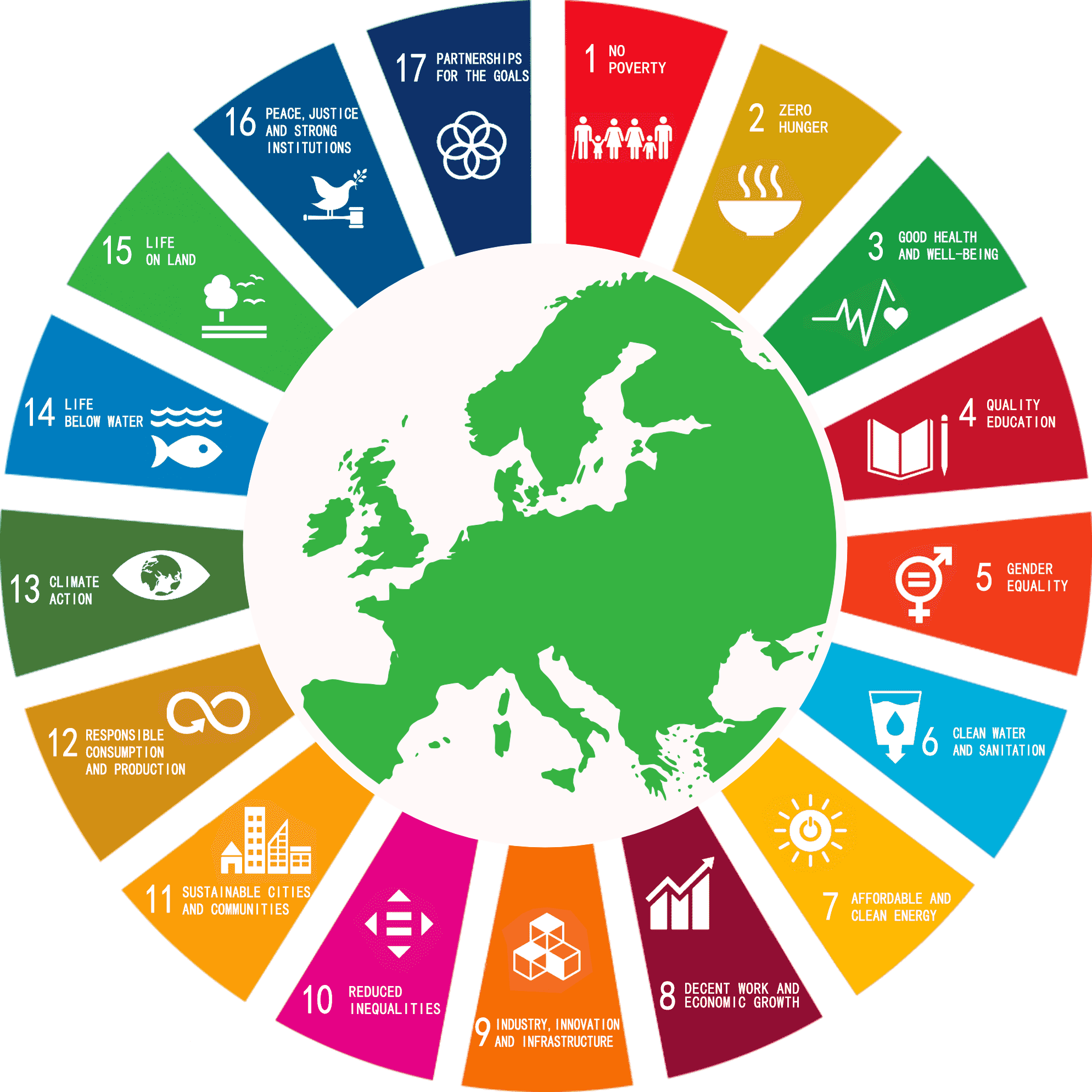
European grants in Horizon Europe: what do they fund?
European calls for proposals 2021-2027 for the new program will aim to support highly innovative research and innovation projects that support scientific and technological excellence to enhance European competitiveness internationally and strengthen innovative capacity to build a more inclusive, just and sustainable European Union. Specifically, Horizon Europe aims to contribute to the following objectives:
The 5 “Missions” of Horizon Europe
Research is a key element in advancing societies and enhancing European competitiveness internationally. The new Horizon Europe framework program was defined with the aim of enhancing research activities at the European level, expanding the spread of excellence, and maximizing the concrete impacts of actions at the economic, social, technological, and scientific levels. For this reason, one of the main novelties of Horizon Europe is the approach based on research and innovation missions, designed to provide solutions to some of the greatest challenges of our days. Specifically, the “Missions” represent a portfolio of actions-research projects, policy measures, or legislative initiatives-directed at implementing a new approach to addressing some of the most pressing global challenges and offering an innovative method for funding research projects that will help find ambitious but realistically feasible solutions within a given timeframe.
The missions will be pursued through an interdisciplinary approach and are organized into 5 “areas”:
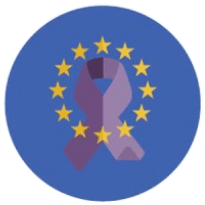
Fighting cancer
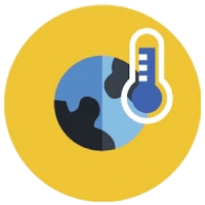
Fighting climate change
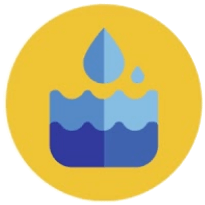
The health of oceans, seas, coastal and inland waters

Smart cities

The health of soil and food
The 3 “Pillars” of Horizon Europe: the structure
The basic structure of the previous Horizon 2020 program is an element of continuity in Horizon Europe. In fact, the division into three main pillars has been maintained, although substantial changes were applied within each pillar, especially for the second and third pillars, greatly simplifying the program. The three pillars reflect some of the European Commission’s overarching goals of strengthening international scientific competitiveness, addressing the most pressing global challenges with the support of research, and developing innovation in all sectors.

